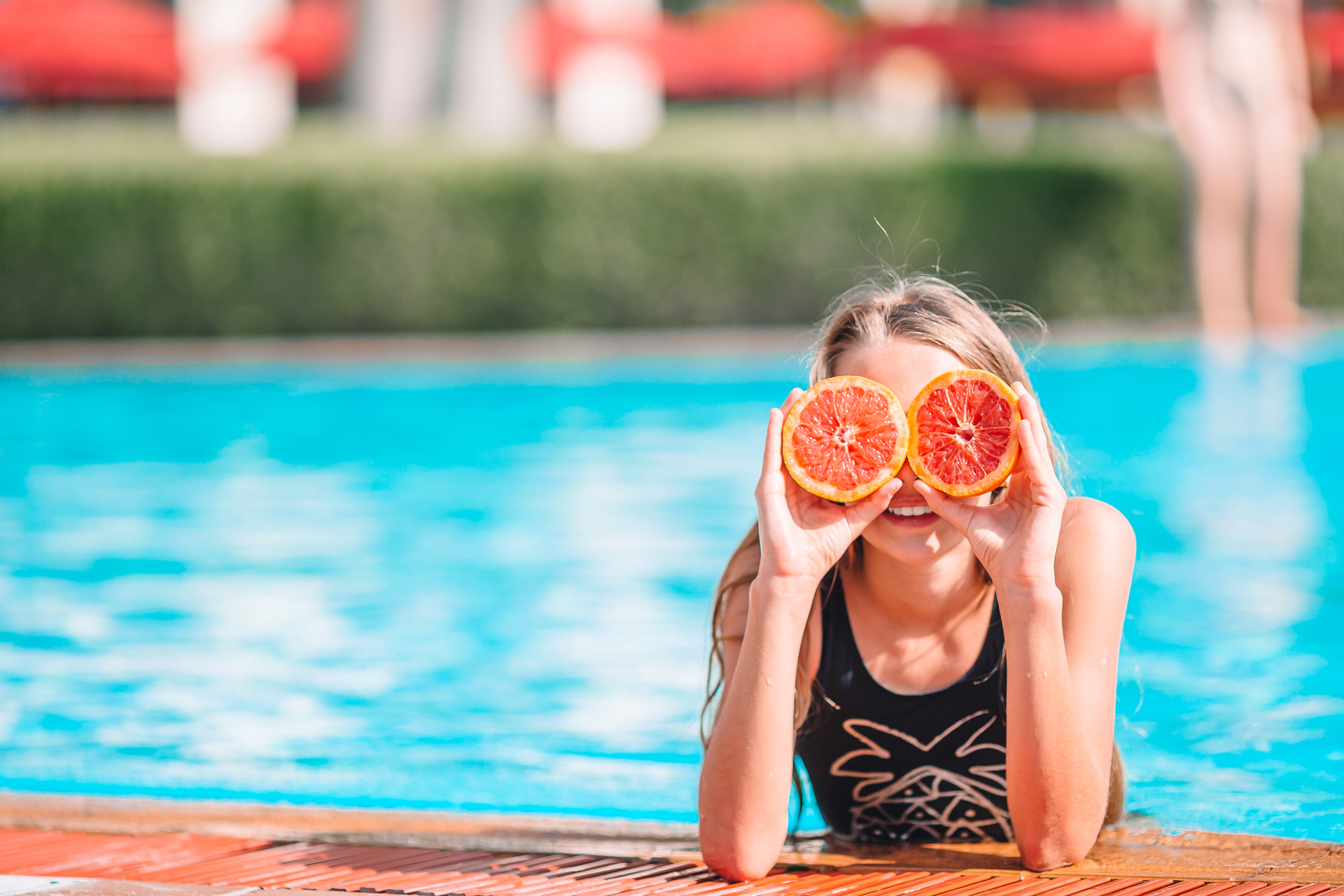Fueling Champions: A Comprehensive Guide to Nutrition for Competitive Swimmers

Nutrition plays a vital role in the performance and recovery of competitive swimmers. A well-balanced diet not only provides the necessary energy for intense training sessions but also supports muscle growth, boosts the immune system, and aids in injury prevention. In this article, we will explore the essential components of a swimmer's diet and provide tips for optimizing nutrition to enhance performance in the pool.
Energy Requirements
Competitive swimming is an energy-intensive sport, requiring swimmers to consume an adequate amount of calories to meet their daily energy needs. The precise caloric intake varies depending on factors such as age, gender, body composition, and training intensity. Swimmers should work with a registered dietitian or sports nutritionist to determine their individual caloric requirements and develop a tailored meal plan.
Macronutrients
A swimmer's diet should include an appropriate balance of macronutrients – carbohydrates, proteins, and fats – to fuel performance and promote recovery.
- Carbohydrates: As the primary energy source for high-intensity exercise, carbohydrates should make up 55-65% of a swimmer's daily caloric intake. Swimmers should focus on consuming complex carbohydrates, such as whole grains, fruits, and vegetables, which provide a sustained energy release during training sessions and competitions.
- Proteins: Adequate protein intake is crucial for muscle repair, growth, and recovery. Swimmers should aim to consume 1.2-1.7 grams of protein per kilogram of body weight daily, depending on their training intensity. Lean protein sources include poultry, fish, lean meats, legumes, dairy products, and plant-based protein alternatives.
- Fats: Essential for energy production, hormone regulation, and nutrient absorption, fats should comprise 20-30% of a swimmer's daily caloric intake. Focus on consuming healthy fats, such as those found in avocados, nuts, seeds, and oily fish, while limiting intake of saturated and trans fats.
Hydration
Staying properly hydrated is critical for maintaining peak performance in the pool. Even minor dehydration can impair a swimmer's endurance, strength, and cognitive function. Swimmers should aim to drink water consistently throughout the day, with additional fluid intake during and after training sessions or competitions. Sports drinks containing electrolytes can also be beneficial for replenishing lost minerals during intense or prolonged exercise.
Pre- and Post-Workout Nutrition
Timing and composition of meals around training sessions can significantly impact a swimmer's performance and recovery.
- Pre-Workout: Swimmers should consume a meal rich in complex carbohydrates and moderate amounts of protein and healthy fats 2-4 hours before training or competition. This meal should be low in fiber and easily digestible to prevent gastrointestinal discomfort. Examples include a turkey and avocado sandwich on whole-grain bread, oatmeal with fruit and nuts, or a rice bowl with grilled chicken and vegetables.
- Post-Workout: Refueling within 30-60 minutes after training is crucial for replenishing glycogen stores and promoting muscle repair. Swimmers should consume a meal or snack containing a 3:1 ratio of carbohydrates to protein. Some suitable options include a fruit smoothie with yogurt or protein powder, a turkey and cheese wrap, or chocolate milk paired with a banana.
Micronutrients
In addition to macronutrients, swimmers require sufficient intake of vitamins and minerals to support optimal health and performance. Key micronutrients for swimmers include calcium for bone health, iron for oxygen transport, and antioxidants like vitamins C and E for immune support. A well-rounded diet, rich in colorful fruits and vegetables, lean proteins, and whole grains, will typically provide the necessary micronutrients.
In some cases, swimmers may require supplementation to address specific nutrient deficiencies. It is essential to consult a registered dietitian or sports nutritionist before adding supplements to your diet, as excessive intake of certain vitamins and minerals can have adverse effects on health and performance.
Competition Day Nutrition
On competition days, swimmers should focus on maintaining consistent energy levels and staying adequately hydrated. Begin the day with a familiar, easily digestible breakfast rich in complex carbohydrates and moderate protein. Throughout the competition, consume small, carbohydrate-rich snacks and plenty of fluids to sustain energy and prevent dehydration. Post-race, prioritize recovery with a balanced meal or snack containing carbohydrates and protein.
Balancing Nutrition with Training Phases
Swimmers' nutritional needs may change depending on their training cycle. During high-intensity training periods, swimmers may require increased caloric intake, particularly from carbohydrates, to support energy demands. Conversely, during lower-intensity phases or periods of injury, caloric intake may need to be adjusted to prevent unwanted weight gain. Working closely with a sports nutritionist can help swimmers adapt their diet to match their training demands and optimize performance.
Proper nutrition is a critical component of success for competitive swimmers. By focusing on balanced macronutrient intake, staying hydrated, optimizing pre- and post-workout nutrition, addressing micronutrient needs, and adapting nutrition strategies to training phases and competition days, swimmers can enhance their performance, recovery, and overall health. It is important to work with a registered dietitian or sports nutritionist to develop a personalized meal plan that meets individual needs and supports the unique demands of competitive swimming. By prioritizing nutrition as an essential part of training, swimmers can reach new heights in the pool and achieve their goals with confidence and resilience.